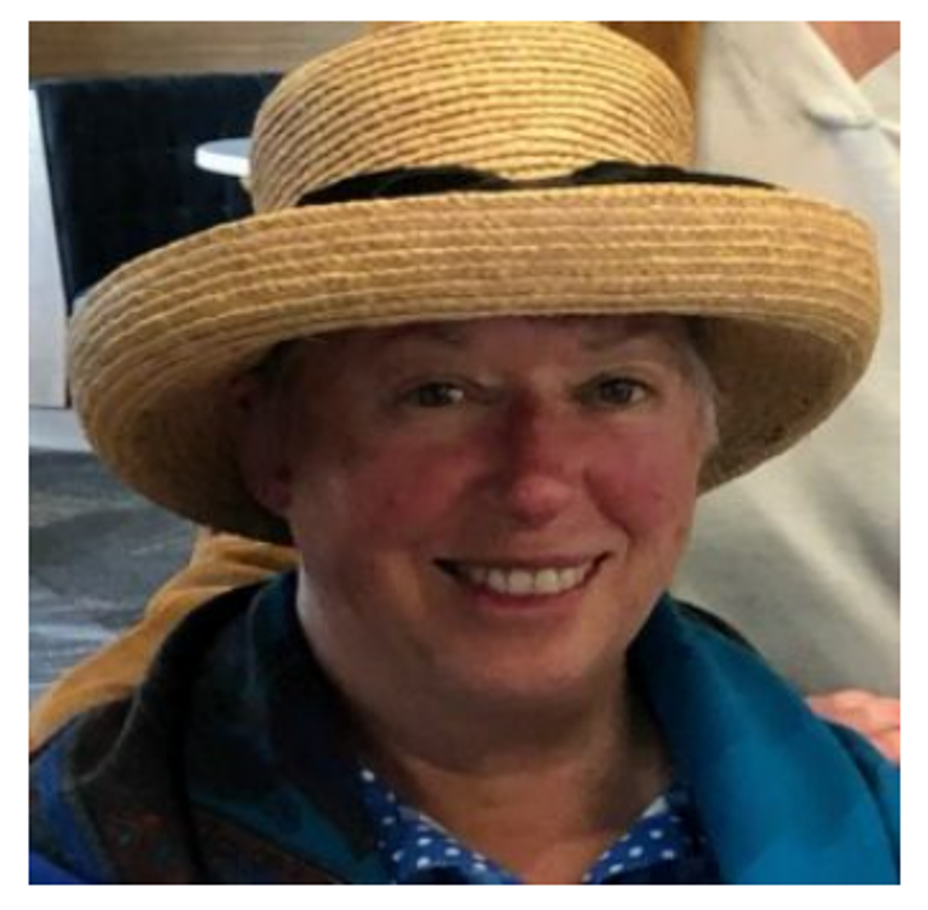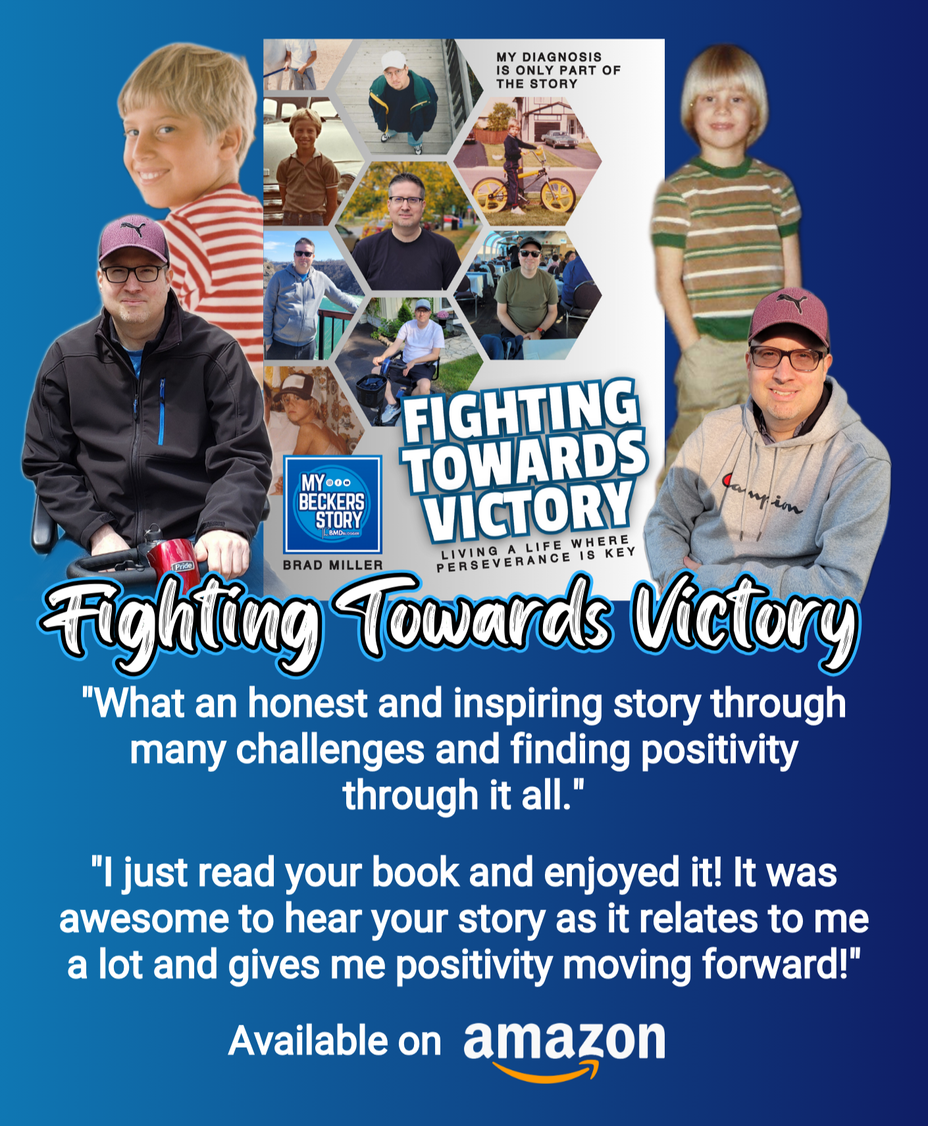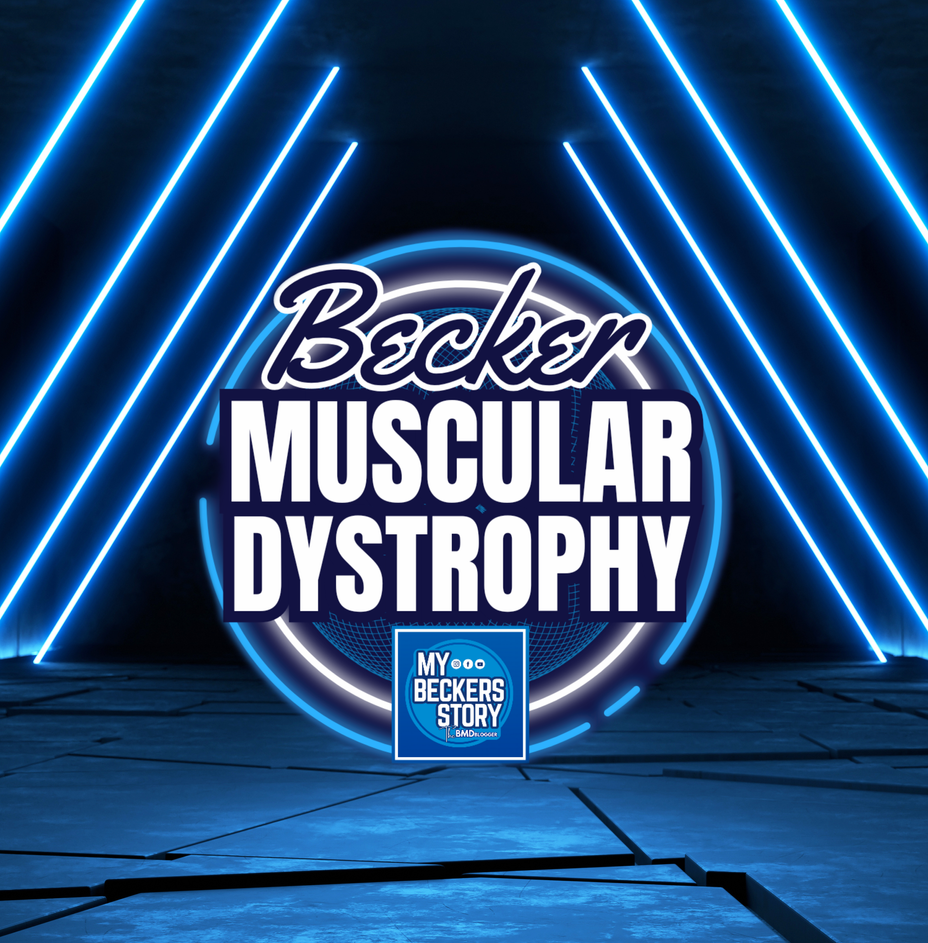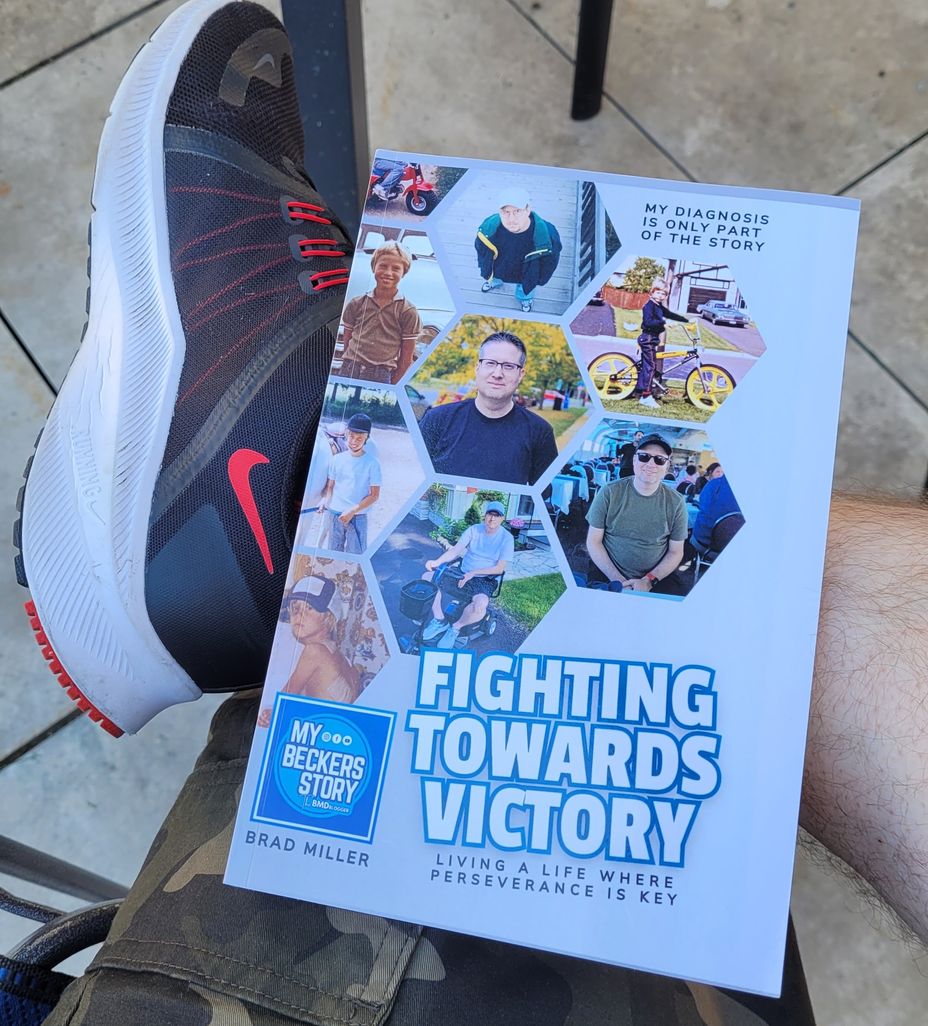I’m new here!
Hi, my name is Dhritiraj Deka. I am a 23 years old Guy from India suffering from Muscular Dystrophy. I joined MightyTogether to connect with people who suffers from Similar health and social problems like me.
Hi, my name is Dhritiraj Deka. I am a 23 years old Guy from India suffering from Muscular Dystrophy. I joined MightyTogether to connect with people who suffers from Similar health and social problems like me.

Renae's 37yo son takes care of her because she has muscular dystrophy. She says, “I feel blessed that he is willing and able to care for me. However, my gut-mother-instinct worries that I have swallowed up his life."
There is a care support crisis in our country right now, and at least 53 million family members are stepping up to give that care — daughters, sons, spouses, parents, relatives. But sometimes feelings of remorse can come with knowing that loved ones have to care for us, often at the expense of their own well-being. And even caregivers themselves feel guilty due to impossible expectations or about taking time for important self-care.
Learn more about coping and support here: How to deal with feelings of guilt for needing care
#caregiving #MultipleSclerosis #MightyTogether #ChronicIllness #autoimmune #newlydiagnosed #Disability

Hi, my name is Missmeetsingh22. I'm here because
Hi Mighty Fam 👋
My name is Freddy, and I’m an artist living with muscular dystrophy and breathing challenges. Despite the obstacles I face daily, I’ve found purpose and strength through music.
I recently wrote a song called “Breathing is Everything” — inspired by my own health journey and the message that even when breath feels limited, our spirit can still be powerful. I created the song to inspire others living with chronic illness or respiratory conditions, and to remind us all how valuable each breath really is.
I’m new here and really grateful to be part of a community that understands these struggles. I’d love to connect with others who turn pain into purpose — and if it’s okay to share, here’s the music video:🎶 www.youtube.com/watch
Thanks for having me, and thank you all for being part of this beautiful space. Freddy
Hey everyone! I’m Kishan, just stepping into this new space. I have muscular dystrophy, but that’s just one part of my journey. Excited to meet amazing people and share great moments!
Hi, my name is Rocco_21. I'm here because I have been diagnosed with MD
About 4 years ago I was diagnosed with a very rare form of muscular dystrophy called oculopharyngeal, also known as OPMD. It’s a slowly progressive disease that initially affects your ability to swallow as well as the drooping of the eyelids. My eyelids were so bad that it affected my ability to see well. In October of 2023 I had surgery to correct that. Who knows how long that will last, but for now I'm super happy about the results! For the last year or so my hips and legs have become significantly weaker. It affects my ability to walk and be mobile. I have fallen a few times so now I use a rollator to move about my home. It keeps me mostly homebound and bed bound. It can be so very lonely. For someone who is a people person, this is very hard. I will say that I have a wonderful husband who takes great care of me, at times making me feel guilty and like I am a burden. I also struggle with fibromyalgia, ibs, hypothyroidism and incredible fatigue! #OPMD #ChronicFatigue #Fibromyalgia

Just a post thanking everyone who has ordered a copy of "Fighting Towards Victory" a book taking you along on my journey growing up with Becker Muscular Dystrophy. Available on Amazon!! A book exploring my childhood diagnosis taking you through my childhood and teens into my mid-forties!
Available on Amazon by visiting linktr.ee/fightingtowardsvictory
#MuscularDystrophy #BeckerMuscularDystrophy #MentalHealth #Anxiety #ChildLoss #EBooks #ChronicFatigue #RareDisease


Just creating a place for those affected by Muscular Dystrophy here on the mighty! #MuscularDystrophy #BeckerMuscularDystrophy

A post to celebrate the one year anniversary of self-publishing "Fighting Towards Victory" a book exploring my life with Becker Muscular Dystrophy. I am so thankful for everyone showing support and for those who have already ordered a copy from Amazon. An extra special thank you to those taking the time to leave reviews as well! #MuscularDystrophy